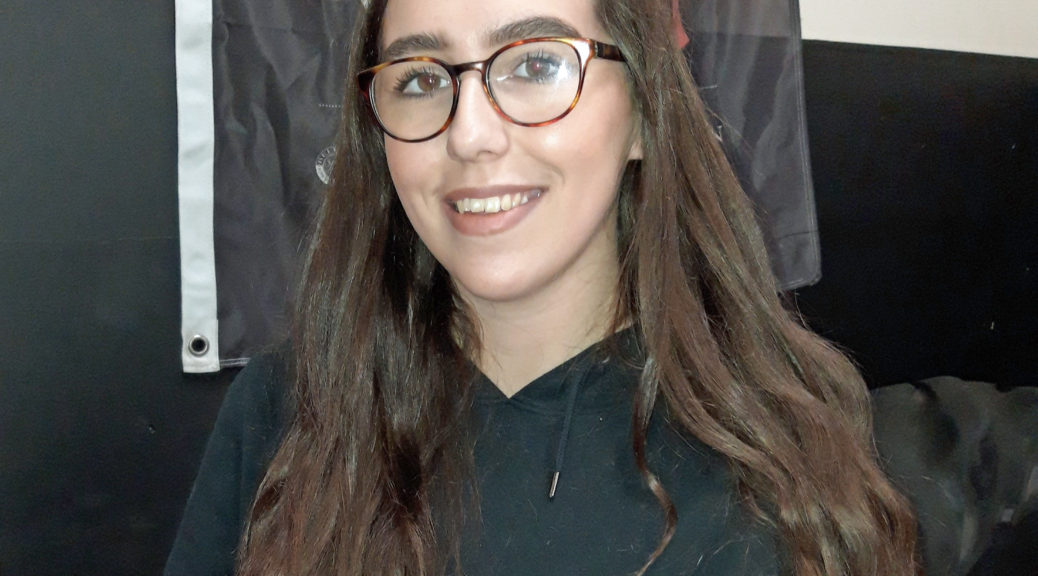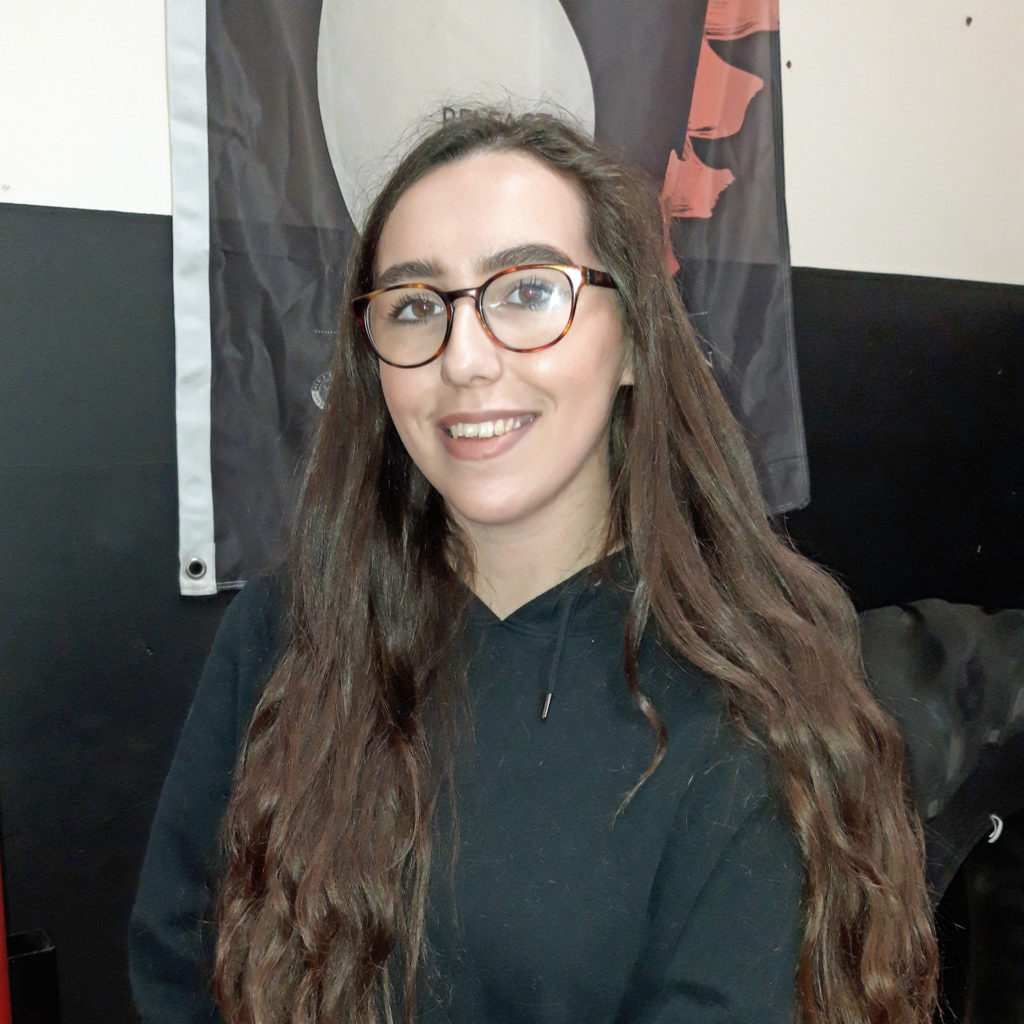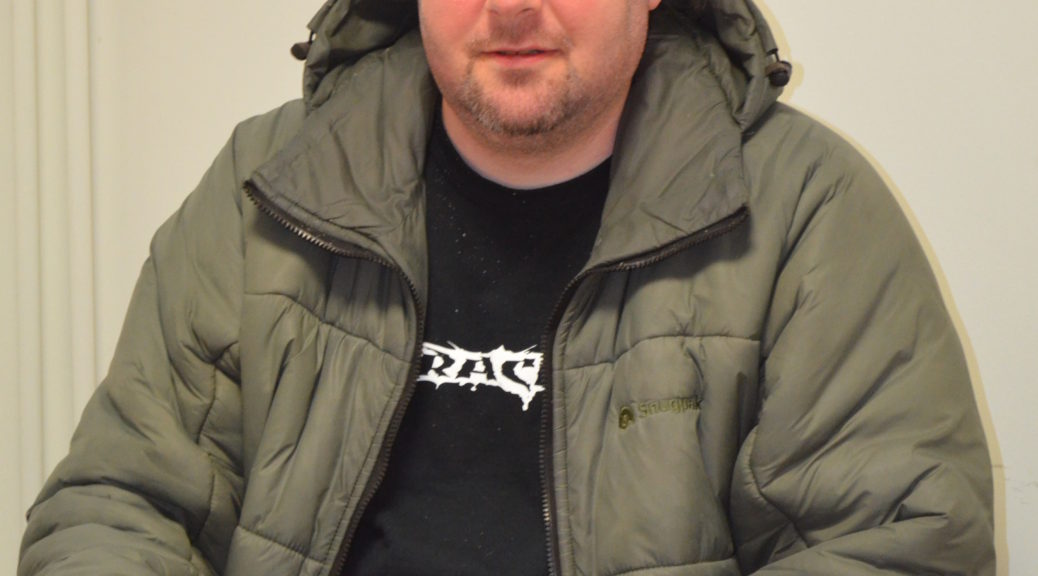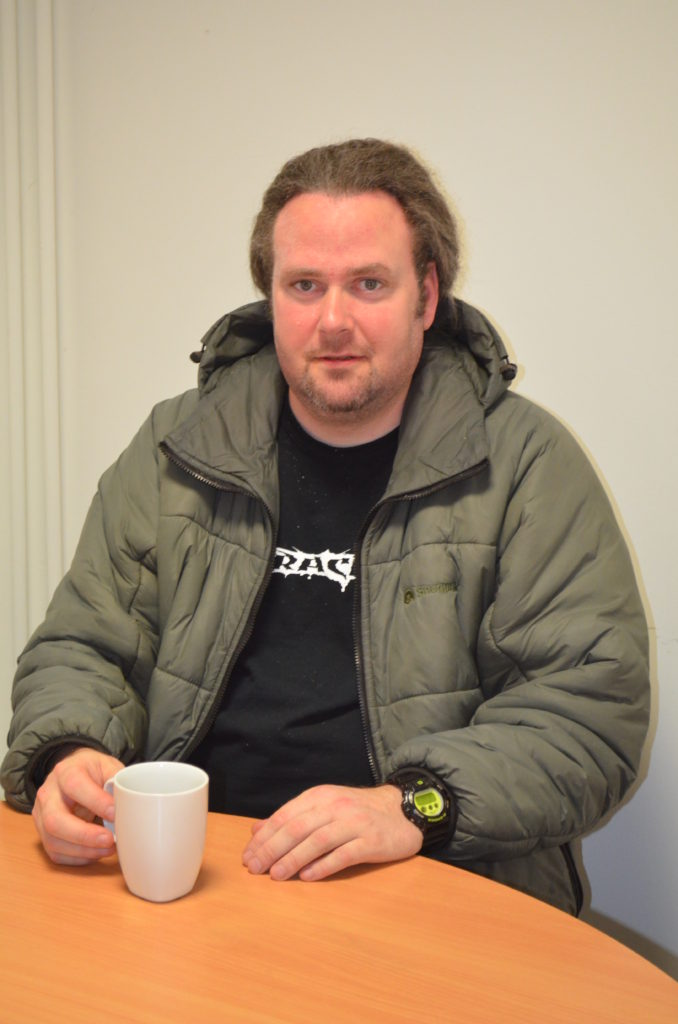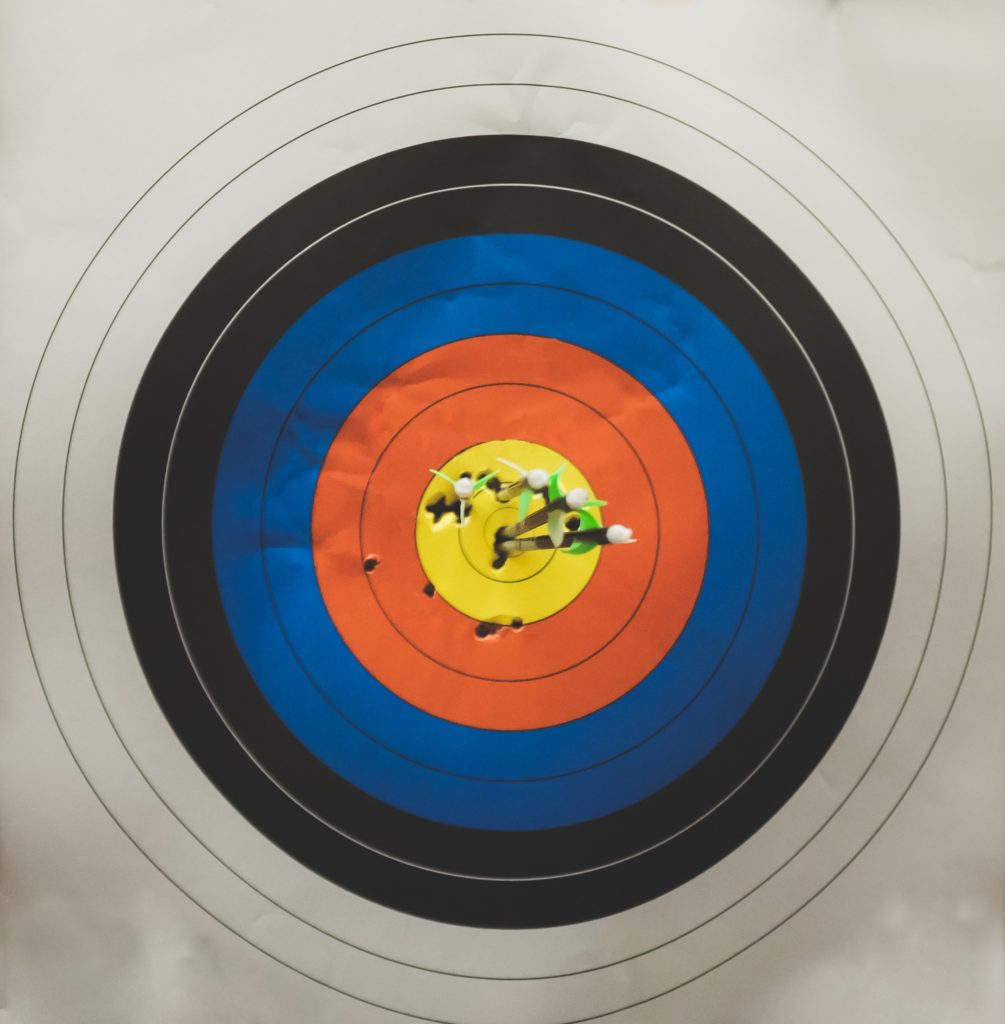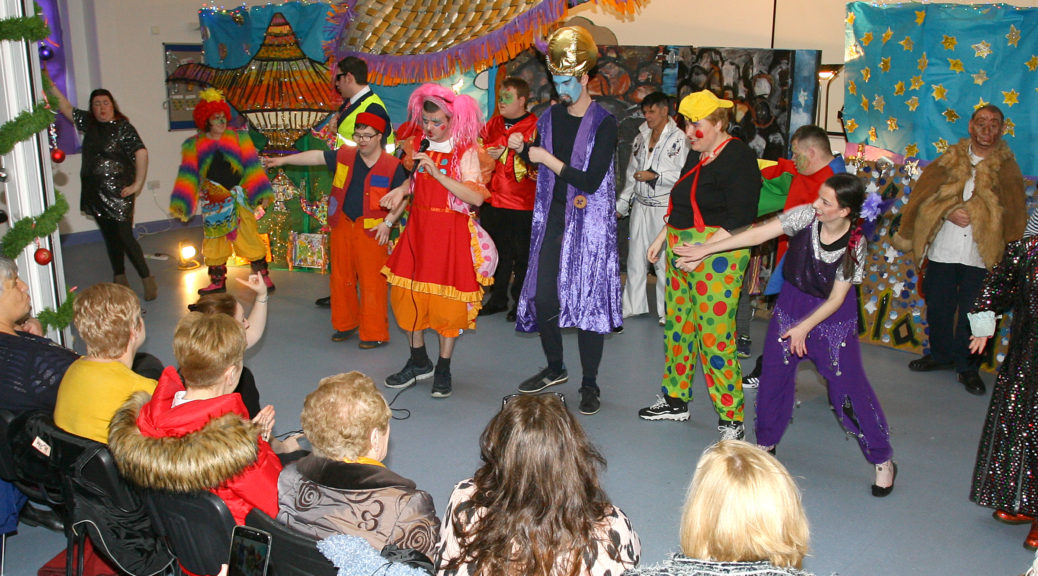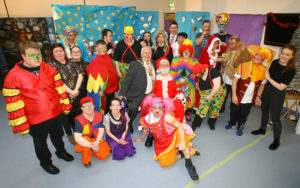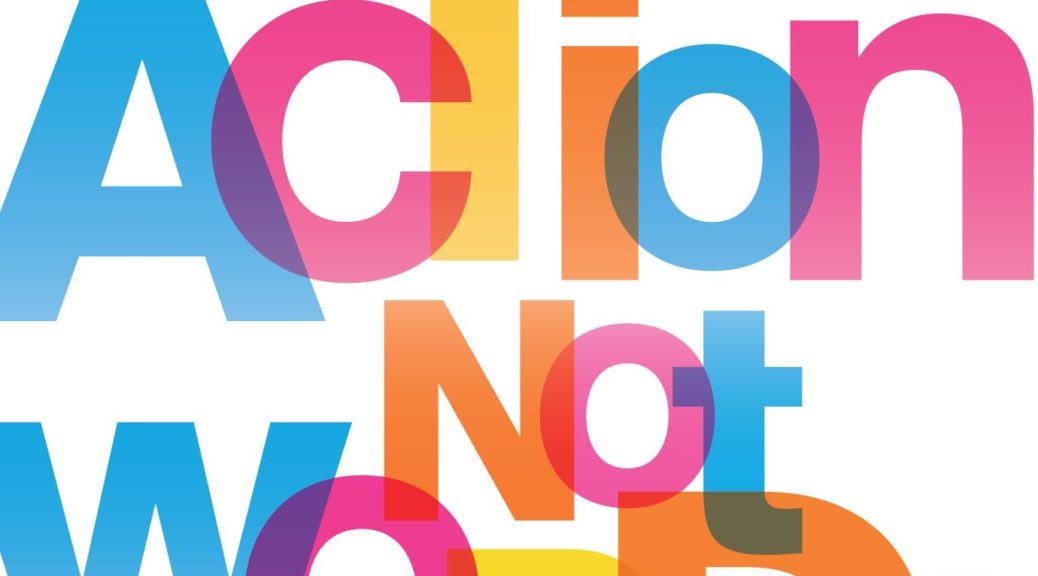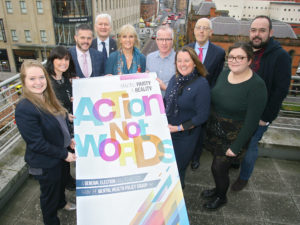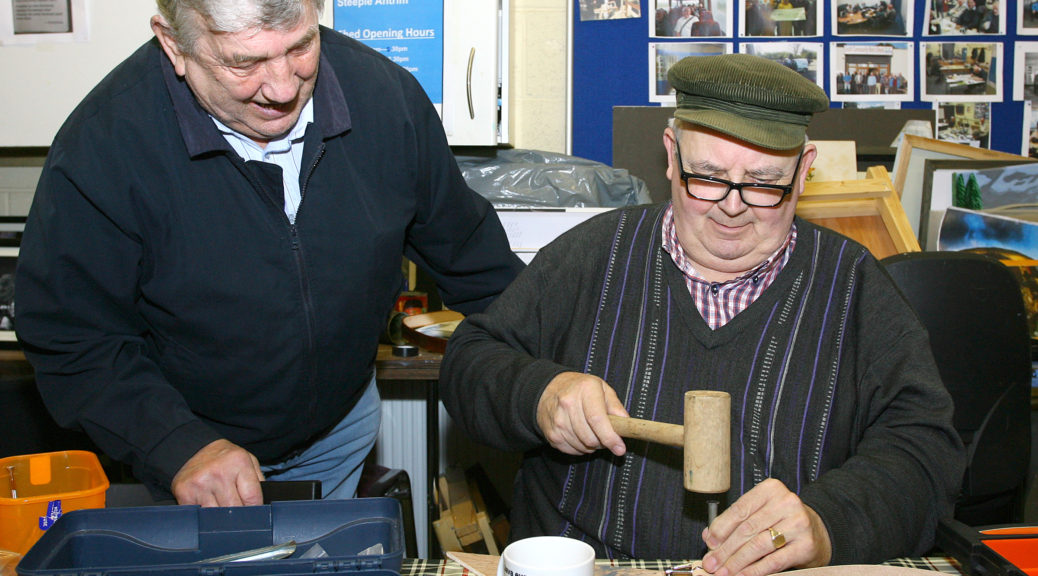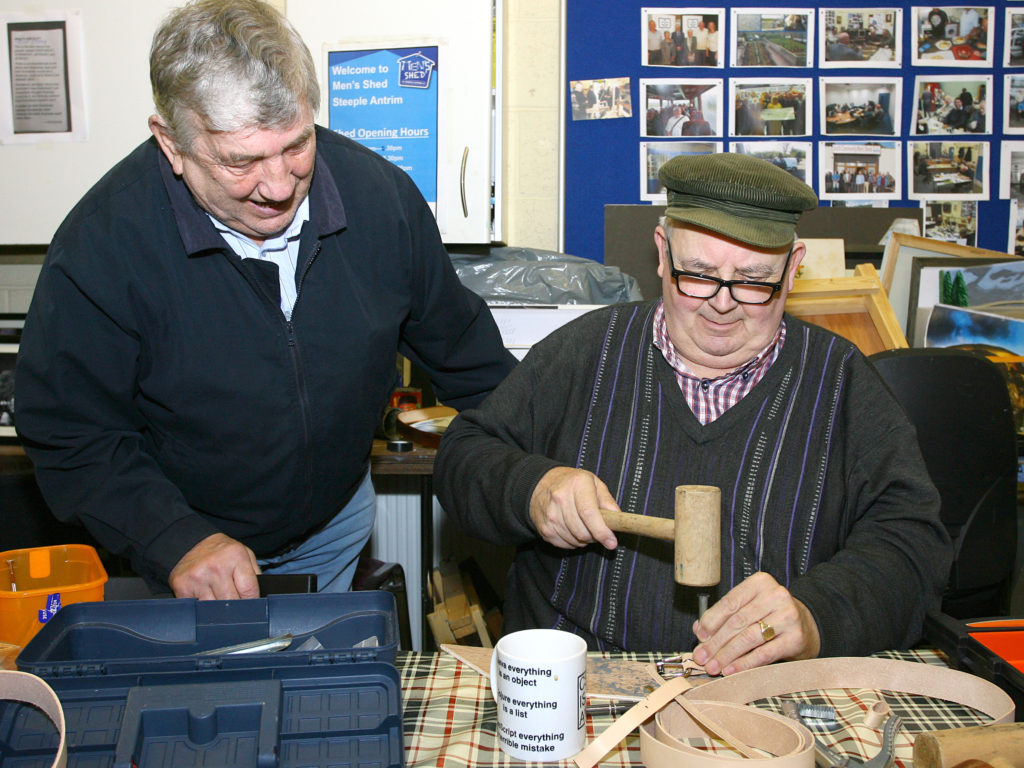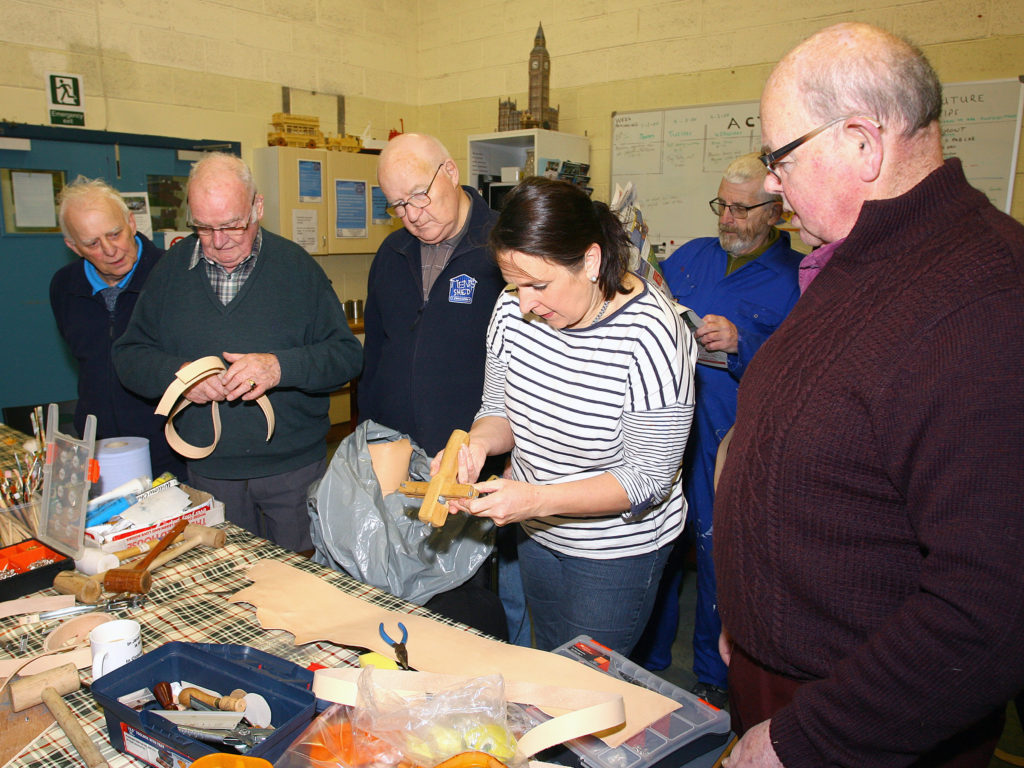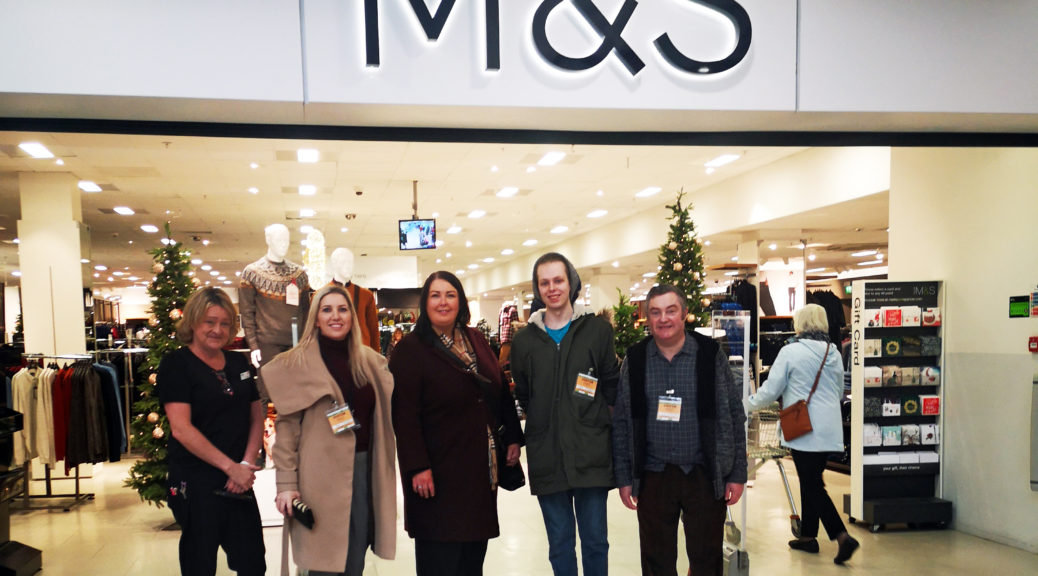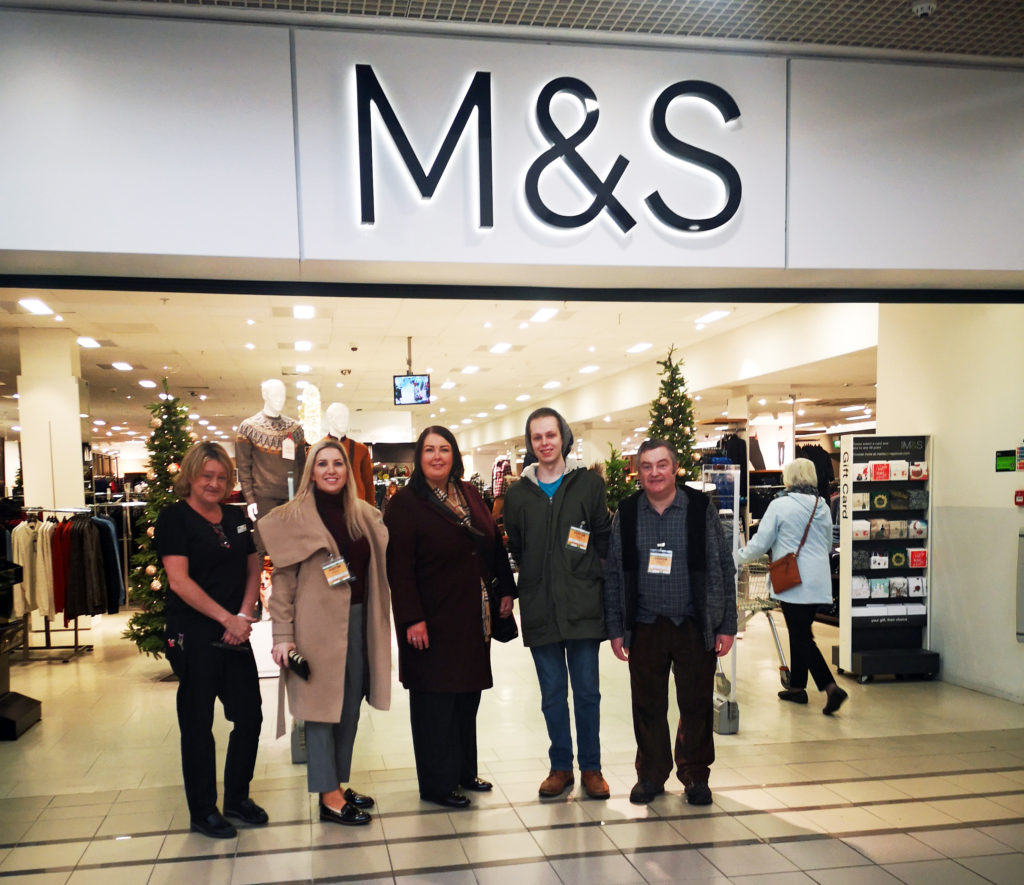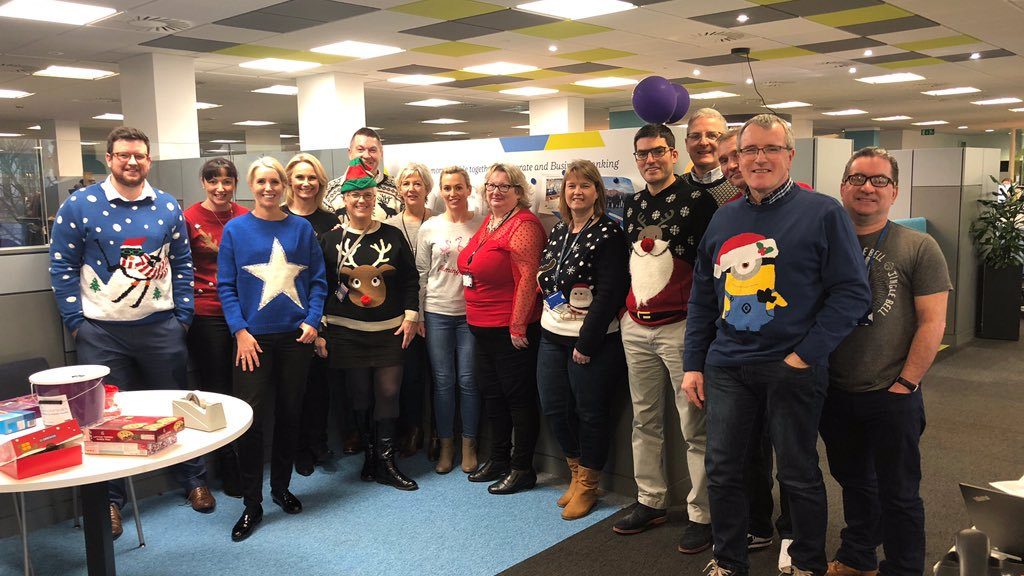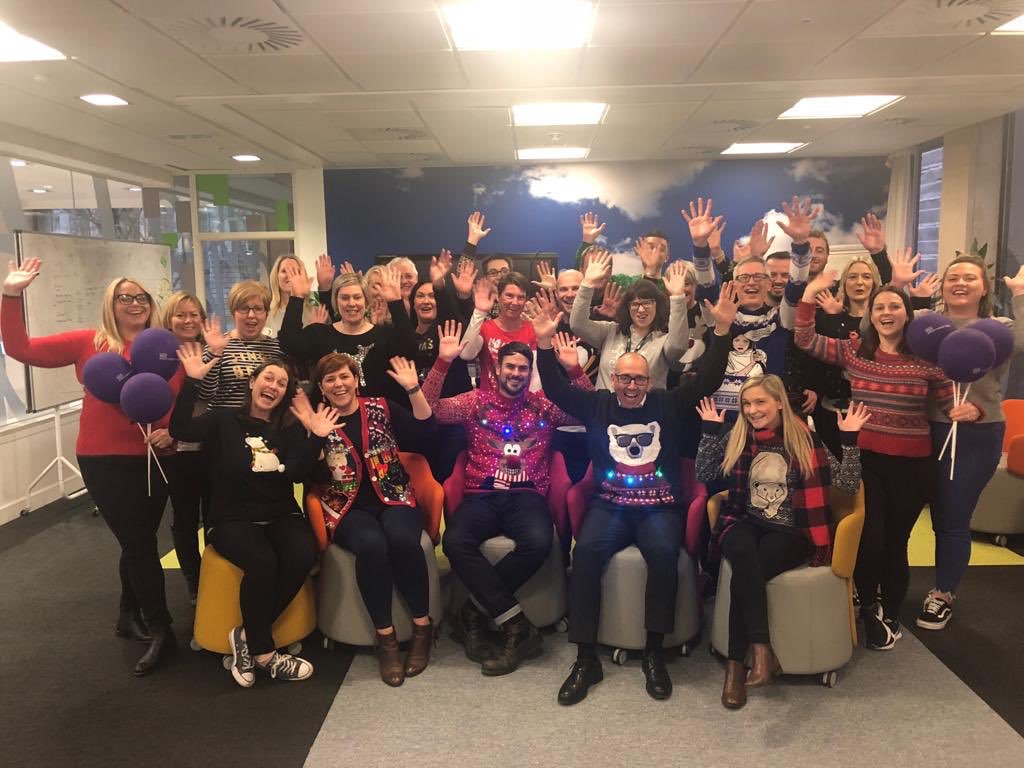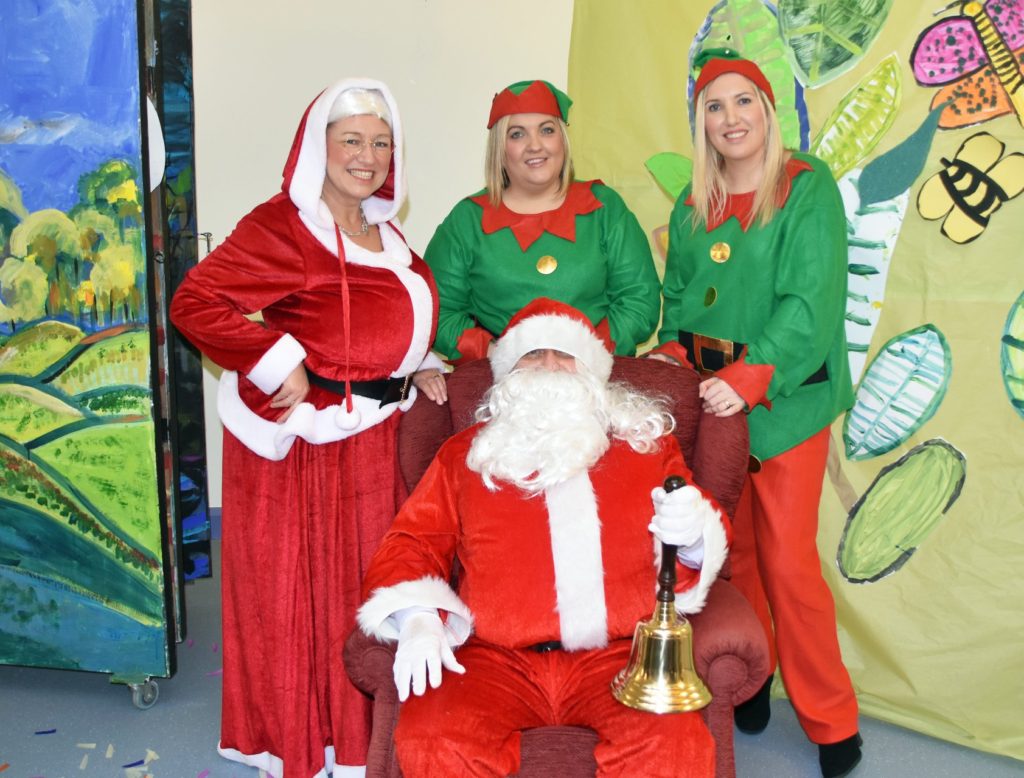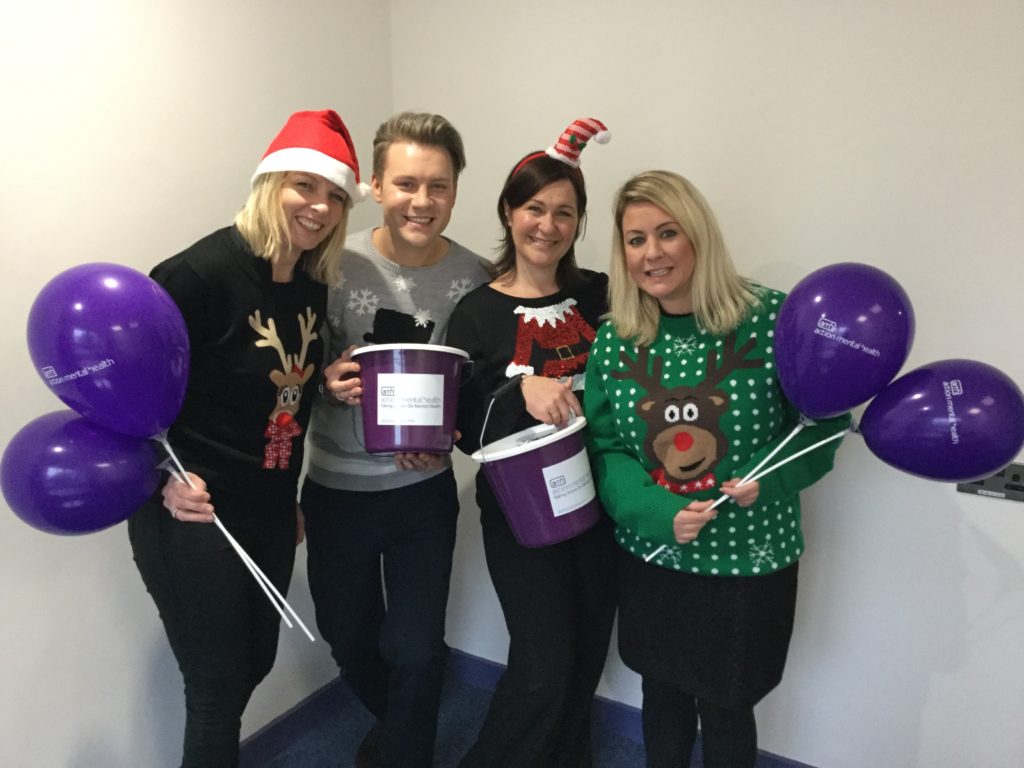Although the News Letter and Action Mental Health’s campaign on loneliness draws to a close this week, the work of the mental health charity continues all year, offering services to people experiencing periods of mental ill health – and often, as the features have shown, loneliness.

In this final installment, we look at recent research on loneliness and offer tips to combat its effects. And as the campaign has shown, Action Mental Health has helped people with mental health issues navigate the accompanying burden of loneliness. If you would like to support this work why not consider joining AMH’s Light Up Christmas appeal 2019? To request a fundraising pack contact AMH’s Fundraising Team on [email protected] or call 028 9182 8494.
Research by The Children Society’s found that children who have no friends have low levels of well-being, with over half reporting low life satisfaction and low levels of happiness.
The Society found that one-in-five children aged seven to 12 say they are lonely sometimes or often, while those aged eight to 15 found that ‘seeing friends’ made the biggest difference in how they connected to others. Children who ‘never or hardly ever’ saw their friends had significantly lower well-being than those who saw their friends ‘most days or every day’.
However, creating opportunities for children to play and spend times with friends, family and people of the same age can help address feelings of loneliness. Talking to teachers can also be useful so that they can ensure that lonely children are included in school activities.

Parents who are lonely have a negative effect on their children, impacting their social competence, motivation to learn, and even their academic skills. If a child is raised in a socially isolated family, the risk of the child becoming chronically lonely increases, as one Mumsnet user detailed: “I have no idea how to socialise, I never got the chance as a child and had a solitary teen/early adulthood and get very anxious in crowds and talking to strangers. My way of dealing with my anxiety is to go quiet and introvert.”
If this sense of loneliness extends into old age, this can exacerbate the isolation typical of the elderly, especially the over-75s who make up some of the loneliest groups in society. It is this older generation who can suffer social isolation, low quality of life and poor health.
But there is help, among all ages and social demographics, to combat loneliness, including the Five Ways to Well-Being, principles promoted by Action Mental Health, and by the charity’s supporter and collaborator, Professor Nichola Rooney, Chair of the Division of Psychology, British Psychological Society (NI).
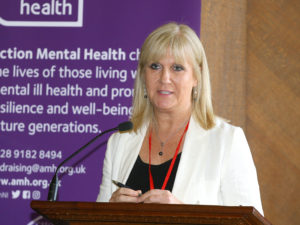
Researched and developed by the New Economics Foundation, the Five Ways to Well-Being equips people with steps to promote their own well-being – and prime among them is to ‘Connect’. In her assessment of the Five Ways, Professor Rooney contends: “No matter what age we are, probably the most important factor in improving our psychological health and well-being is our relationships and connectedness with other people. A huge amount of research has shown the positive effects of relationships on our physical health (eg. blood pressure, cardiac illness, cancer) as well as our mental health (eg. reduced levels of stress and depression).
“As a child, having even one caring available adult can impact positively on the rest of our lives in terms of our mental and physical health, while poor attachment experiences are associated with lower educational achievement and increased likelihood of offending behaviour. As adolescents, peer relationships and being able to identify positively with a group has also been shown to improve mental health and reduce self harming behaviours.

As adults positive relationships have been shown to extend our life and buffer individuals from negative effects of stress.
“Therefore, one of the most important things we can do to protect and promote our mental health is to find ways of connecting with other people and of developing positive relationships.”
The other Ways to Well-Being can further help to thwart loneliness if done in the company of others.
‘Being Active’ has been shown to enhance mood, regulate emotion, and maintain optimum bodily functions. In particular, physical activity has consistently been associated with improvements in self-esteem, self-concept, depressive symptoms, and anxiety and stress. In addition physical activity has a pronounced impact on attention, with increasing evidence of its positive interaction with improved cognitive functioning and better sleep patterns.”
The third way is to ‘Take Notice’. Professor Rooney says that taking time out to relax and notice the environment is shown to be effective in managing anxiety.
“As with meditation, there is a strong and growing evidence base exists for the use of mindfulness-based interventions to prevent relapse in major depression and for the self-management of chronic physical health conditions (e.g. pain). Simple approaches to achieving these aims are going for a walk and noticing nature and trying to be aware of where we are and what we are doing.”

If you ‘Keep Learning’ you can reap manifold benefits. “Learning enhances brain function by promoting the growth of neurons and pathways associated with learning new skills. Achieving learning goals improves self-esteem and confidence as well as enhancing overall well-being. Learning in a group or class provides opportunities to make new connections and build new relationships which is an added benefit.”
Finally, ‘to Give’ not only helps others but hasmany personal benefits, as it is often associated with appreciating and valuing that we have something to give. “It gives us a chance to count our blessings and reframe our lives in comparison to those less fortunate. Taking control and making a conscious decision to do something for others improves our mental health and allows us to appreciate the good in ourselves and others. Volunteering is also a good way to get connected and build relationships,” she adds.
Professor Rooney tells us that it is not the number of relationships that we have that is important, but rather the quality of our relationships and how lonely we feel. “We all know that we can be in a very crowded room but still feel lonely. Indeed, our feelings of loneliness can impact on our health.” She refers to an American study from 2017 which looked at the association between loneliness and health.
It found that substantial evidence suggests that feeling lonely – regardless of whether we actually are socially isolated based on our number of relationships – is bad for our health affecting our odds of developing heart disease and other chronic conditions. A new study has extended this literature by showing that feelings of loneliness, but not levels of social isolation, seem to increase the toll of acute illness, in this case by worsening the subjective experience of having a cold.
Research by Angie LeRoy at the University of Houston and Rice University, and published in Health Psychology showed how understanding loneliness could be useful for helping doctors understand their patients’ different experiences of short-term illnesses. It also provides yet more evidence for why interventions aimed at reducing loneliness need to focus on quality not quantity of social interaction – after all, it’s perfectly possible to feel intensely alone in a crowded room.
The study involved infecting volunteers with viral nasal drops. Each day, the participants answered questions about their mood and the severity of eight different cold symptoms, from congestion to chills. They also filled out a loneliness questionnaire at the start, which tapped their subjective sense of loneliness (typical items included “In general, how often do you feel left out?”), and an objective measure of their social isolation based on the number of people they had contact with every two weeks.
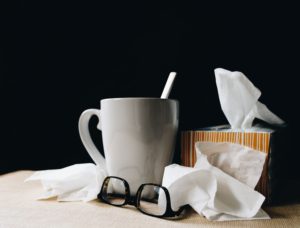
Feeling lonely didn’t affect risk of infection by the cold virus, but of the participants who were infected, the more lonely they said they felt, the worse they reported their cold symptoms to be. This remained true when factoring out the influence of negative mood, which was also associated with experiencing more severe symptoms. Social isolation, measured objectively, was not associated with the subjective severity of cold symptoms. “Put simply,” the researchers said, “lonelier people feel worse when they are sick than less lonely people”.
For more on tackling loneliness, visit https://www.campaigntoendloneliness.org/
Action for Children has listed the following for further help to fight loneliness:
Childline – offers advice on loneliness and isolation for people under the age of 19. You can avail of their help for free by calling 0800 1111 or visit their dedicated page on overcoming loneliness at https://www.childline.org.uk/
Become – the charity for children in care, have a phone line and online advice.
Muslim Youth Helpline – staffed by and provided for young Muslims in the UK.
The Mix – support for under 25s on any issue from housing to bereavement to alcohol.
Young Stonewall – offer advice for young LGBT+ people.
Switchboard LGBT+ – offer a dedicated helpline for LGBT+ people.





